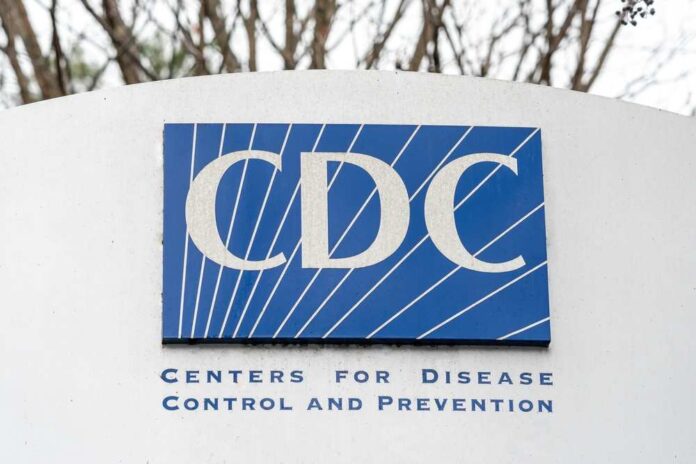
The Center for Disease Control and Prevention (CDC) now has a guide for how individuals should speak and write. The arm of the U.S. Government tasked with disease control and prevention seems to now have its focus placed on wrong-speak as it discourages the use of some words believed to hurt people’s feelings.
"The Centers for Disease Control and Prevention (CDC) has come out with a guide for how we are all to speak and write. "
The CDC Puts Itself In Charge Of Language Too
.https://t.co/e1DGdLOwrK— Howard Pearce (@HAPLibertarian) January 7, 2023
There is now a section on the organization’s website titled “Preferred Terms.” This list which strikes some words as unacceptable prohibits the use of the word “smoker,” claiming that it might be offensive to people who smoke.
Words like “drug users” and “persons who relapsed” are also unaccepted, according to the list that recommends people in these categories be referred to as “persons who use drugs/people who inject drugs” and “persons who returned to use.”
As posited by the CDC list, terms like “prisoner,” “inmate,” “criminal,” “parolee,” “detainee,” “convict,” or “ex-convict’” can wreak mental havoc on people who are incarcerated. Instead, it recommends longer versions of the terms like “people/persons who are incarcerated or detained,” “persons in pre-trial or with charge,” “persons on parole or probation,” or “people who were formerly incarcerated.”
Following the CDC’s list of unapproved and approved words and phrases, a suspected serial killer on trial who might actually be guilty of the charge brought against them cannot be called a “detainee.” A convicted rapist rightly serving jail time can also not be called a “criminal.”
The CDC’s list also calls for the substitution of public health phrases like “vulnerable population, “priority population,” “high-risk population,” and “high-risk people.” Even though these terms can be seen on the CDC’s website itself, it asks that they be replaced with “people who are at
increased/higher risk for (condition).”
Another suggested option is “people who live/work in settings that put them at increased/higher risk of becoming infected or exposed to hazards.
While the CDC is going beyond its delegated mission with its attempted control of language and political correctness, its list is expected to be read and distributed across organizations.
The “preferred terms” might influence communication in a wide range of sectors in the health industry, from hospitals and medical institutions to schools and universities. It could also spread across scientific communications.
This extensive list comes as progressives seek alternatives to terms they say might hurt people’s feelings regardless of what they do. According to this ideology, there should be no social stigmas even when someone does something offensive or commits a crime.
It definitely did not help that mental health care professionals claim that “stigmatizing language” “ultimately increases stigma on the individual, which reduces one’s belief in the ability to change as well as their motivation to ask for help.” While that hypothesis is yet to be proven, it appears to hold water with the CDC, which has stepped out of its responsibility to control and prevent disease.
The CDC’s focus on political correctness begs questions of whether the organization is attempting to regain the credibility it lost to communication failures and more consequential errors during the pandemic.














